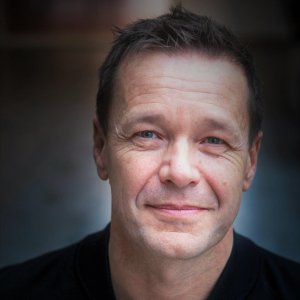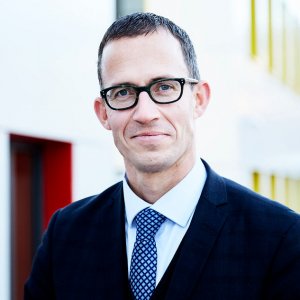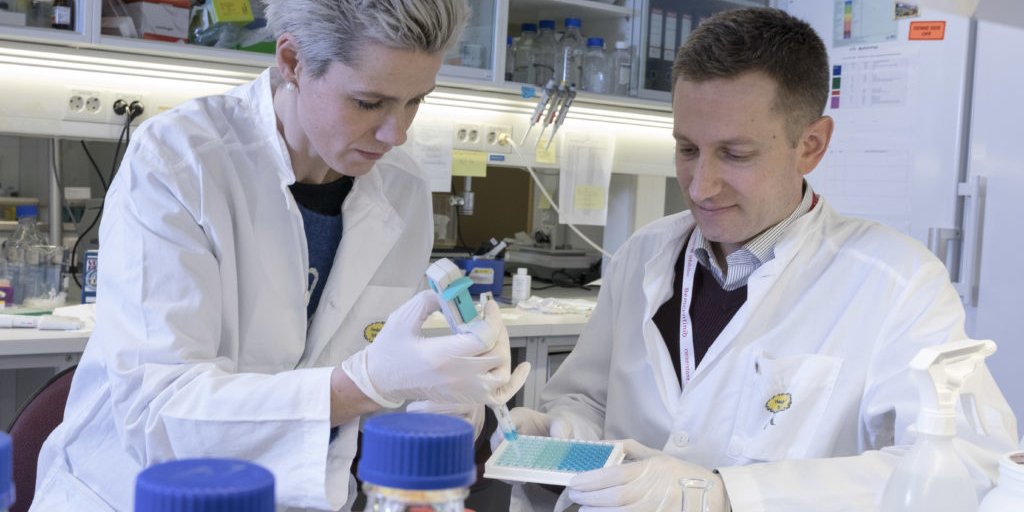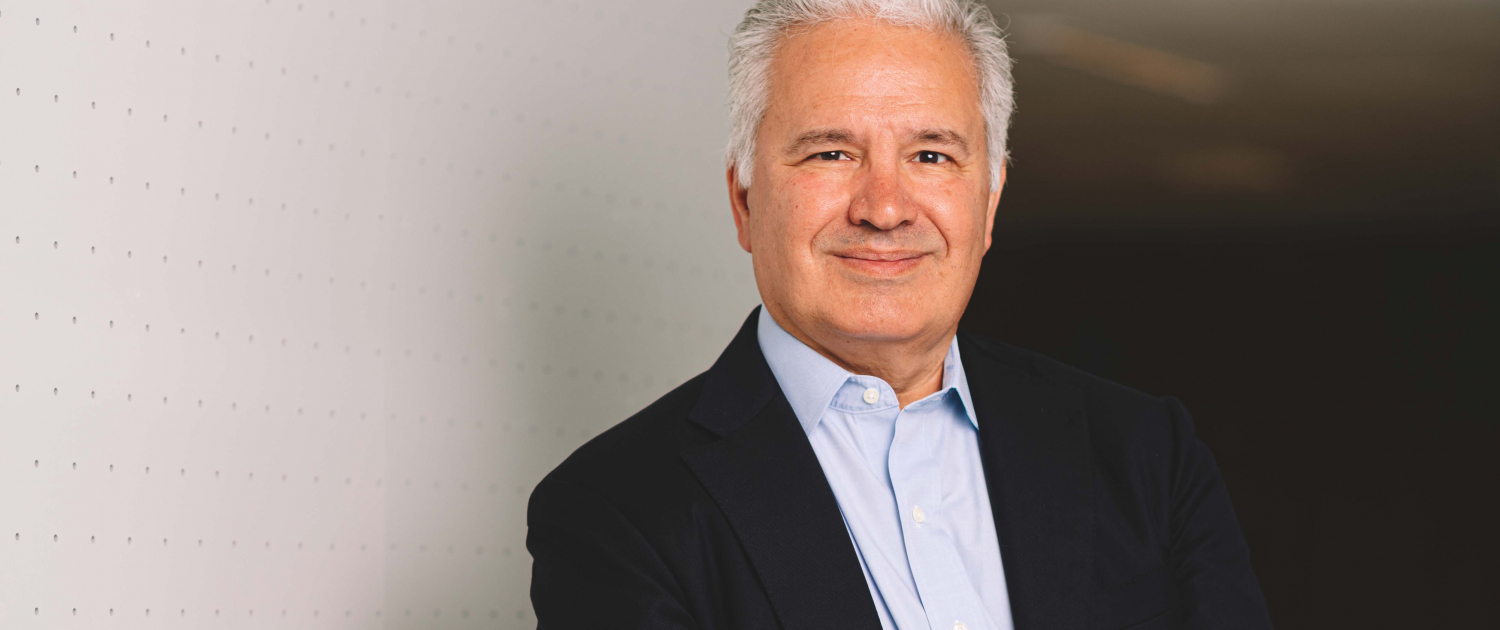Visions for cancer innovation in Norway

Oslo Cancer Cluster gathered the Norwegian oncology community for a mid-year update in June.
Last week, Oslo Cancer Cluster arranged the June Gathering 2021, a digital event which was attended by members, partners and colleagues from the Norwegian oncology community. The event included updates from the organisation, presentations from several prominent speakers and introductions of new members.
Henrik Asheim, Norwegian Minister of Research and Higher Education, spoke at the event about ambitious plans for Norwegian research and praised Oslo Cancer Cluster for giving important input on a Norwegian cancer mission.
“Oslo Cancer Cluster has already suggested Norway launch a cancer mission, with a specific goal of reducing the time from when clinical trials with new drugs start, to when those drugs can be part of standard patient treatment in hospitals.” Henrik Asheim
Watch the entire speech here:
Ketil Widerberg, general manager of Oslo Cancer Cluster, echoed the importance of putting Norway on the cancer map internationally, by using Norwegian advantages.
“We can use our health data to accelerate and move the approval of medicine from an average ten to five years. We can also follow-up patients better and precision medicine enables us to do this. Norway needs its own cancer mission.” Ketil Widerberg
Welcome, new members
The three new members Bio-Me AS, Daiichi-Sankyo and OsloMet (Oslo Metropolitan University) expressed excitement about joining Oslo Cancer Cluster and looked forward to participating in the organisation’s activities.
Morten Isaksen, Founder and CEO of Bio-Me As, a Norwegian start-up company that is creating better diagnostic tools for microbiome profiling, spoke first.
“The whole concept of the microbiome, the gut bacteria, and how it influences health and how drugs are metabolised are creating a paradigm shift in preventive health and health in general.” Morten Isaksen
The company has created a platform for precision microbiome profiling, which takes the vast knowledge of the microbiome to something that can be used in a clinical setting.
Isaksen was followed by Martin Ahlgren, Medical Drector at Daiichi-Sankyo, a global pharmaceutical company originating from Japan and with European headquarters in Germany. Daiichi-Sankyo has recently also set up a Nordic headquarter in Copenhagen with more than 20 employees.
“We are in the middle of launching our first oncology brand in the Nordic market in collaboration with AstraZeneca.” Martin Ahlgren
The last speaker was Carl Christian Thodesen, Dean at the Faculty of Technology, Art and Design at OsloMet (Oslo Metropolitan University).
“We are thinking more about technology and health together: how we can connect what is happening in IT and mechanics with what is happening in health.” Carl Christian Thodesen
The Faculty is working on an exciting initiative to bring artificial intelligence (AI) and product design services together with healthcare and nursing, so that new projects can be launched in the research world.
You can read more about our members by visiting the Membership Overview and learn about our upcoming events in the Event Calendar.








